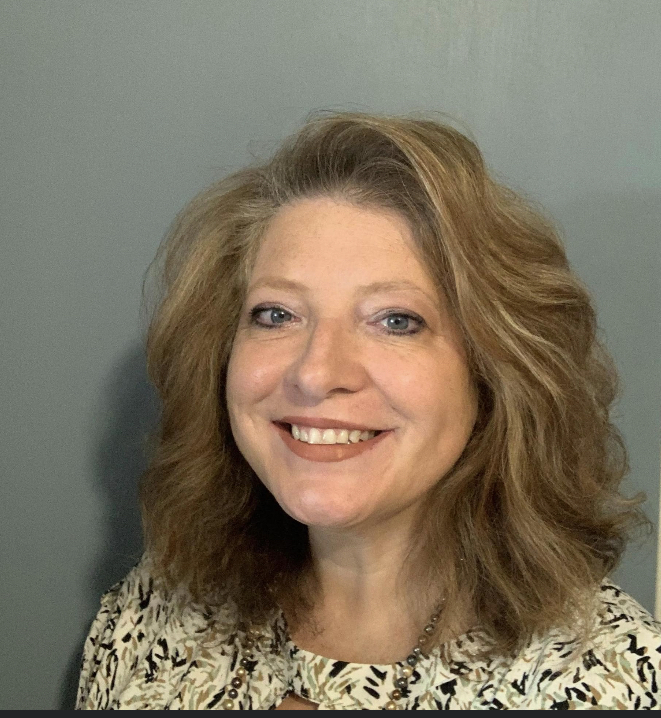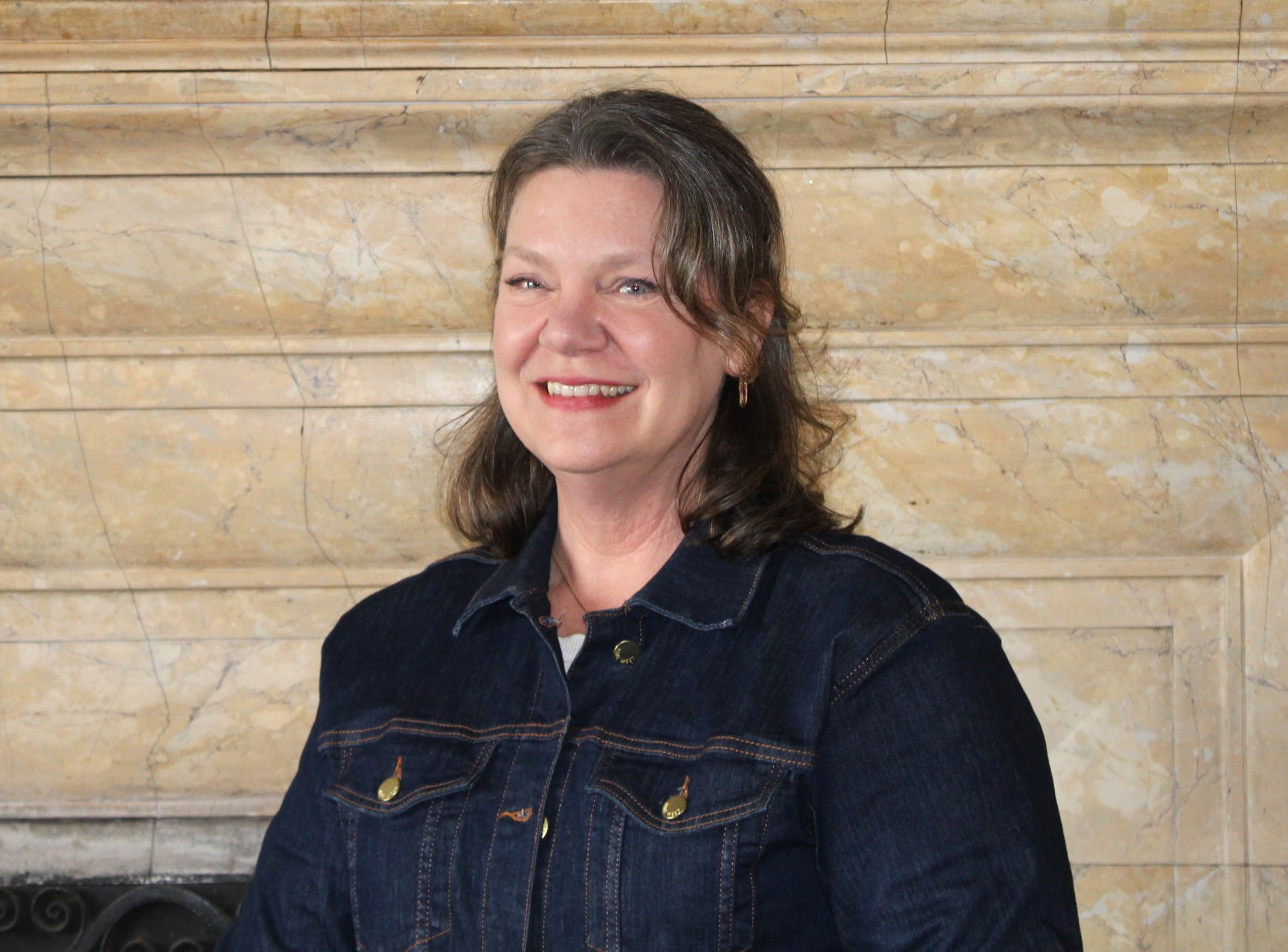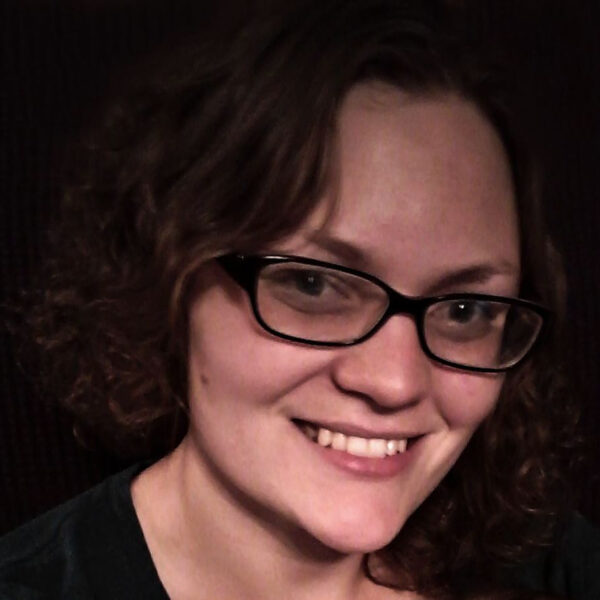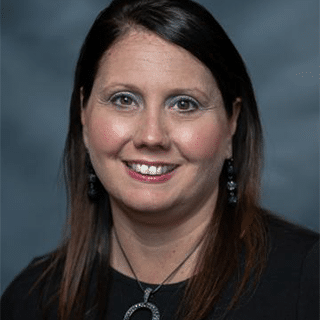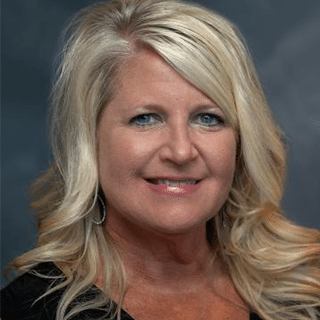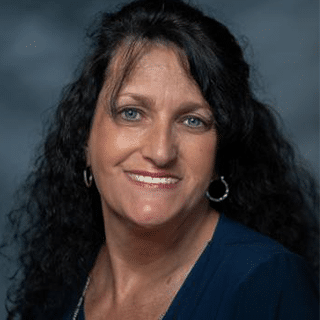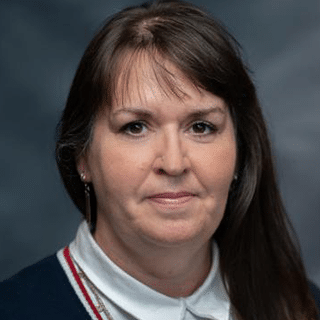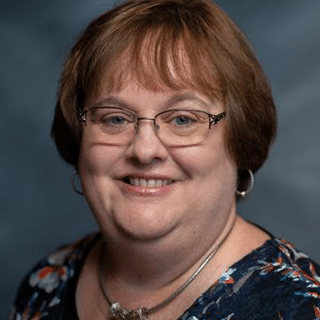Nursing – Bachelor of Science
The Davis & Elkins College Division of Nursing prepares students for the NCLEX-RN exam to become a registered nurse (RN) with a BSN. You will be inspired to lead and equipped to excel in the challenging field of nursing.
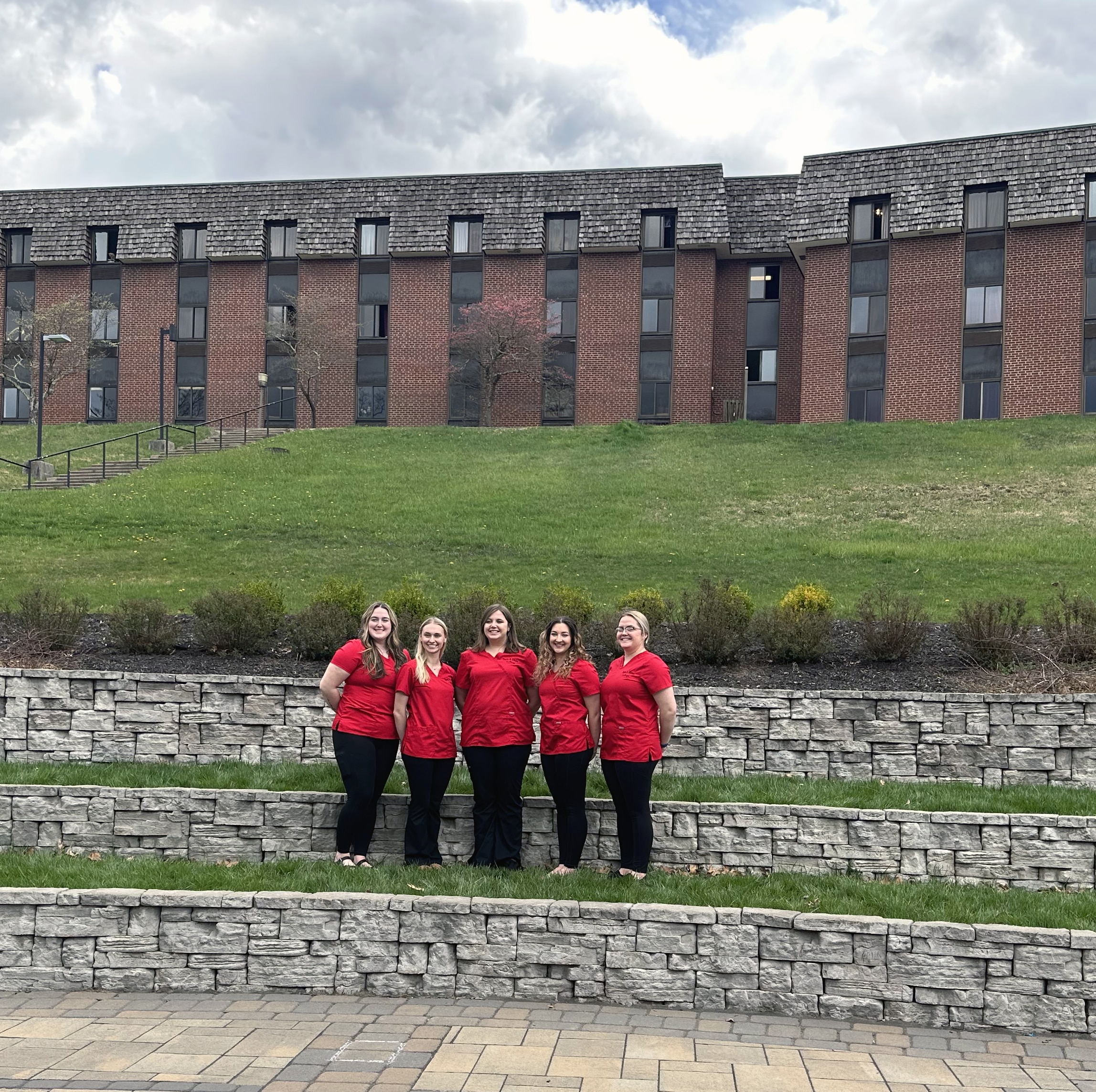
The West Virginia Board of Examiners for Registered Professional Nurses (Board) in session on June 7, 2019 approved the Davis & Elkins College traditional 4-year pre-licensure baccalaureate of science in nursing degree program site visit report verifying the application contents and resources and provisionally approves the program.
Mission
The faculty of the Division of Nursing of Davis & Elkins College supports the beliefs and general purposes of the College. The mission of the Division of Nursing is in concert with the College’s mission “To prepare and inspire students for success and for thoughtful engagement in the world.” The mission of the Division of Nursing is to provide its students with a personalized quality education designed to prepare its graduates to practice as registered nurses and to provide a foundation for lifelong learning and future professional development.
Philosophy
The Davis & Elkins College nursing faculty ascribes to the core competencies for nursing and nursing education identified by the Quality and Safety Education for Nurses (QSEN). While firmly based in science and the arts, the essence of nursing is caring and compassionate patient centered care. Ethical standards, respect for individual dignity, and consideration of cultural context are implicit in the practice of patient-centered care. The nurse advocates for patients and families in ways that promote self-determination, integrity, and ongoing growth as human beings. Nursing care is provided in collaboration with the patient, the family and members of the health care team. The nurse displays a spirit of inquiry by examining evidence to improve quality of care, promote safety and improve patient outcomes. Nursing judgment is integral to making competent decisions related to the provision of safe and effective nursing care. Information essential to nursing care is communicated via a variety of technological and human means. The adoption of these key philosophical components fosters the development of the nurse’s professional identity.
Baccalaureate Degree End-of-program student learning
The curriculum is organized around the QSEN Competencies and uses the NLN Competencies for Graduates of Baccalaureate Programs as a foundation. Successful completion of the program will enable the graduate to:
- Establish a culture that ensures that patients receive quality care in a safe environment. (S)
- Function as both an advocate and a change agent to influence healthcare policies that will improve the delivery of care. (PCC)
- Collaborate and communicate with members of the healthcare team in the delivery of personalized, cost-effective, and ethical care. (TWC)
- Act as a role model to foster the use of evidence-based practice to improve or modify nursing practice. (EBP)
- Champion quality improvement efforts by empowering staff to engage in and move quality improvement initiatives forward. (QI)
- Incorporate information technology to facilitate access to resources necessary to meet the health care needs of individuals, families, and communities. (IT)
- Practice with integrity, legal accountability, ethical responsibility, advocacy, caring, and a commitment to lifelong learning. (P)
Careers in Nursing
Nursing is one of today’s most challenging careers for men and women, filled with endless personal and professional rewards. By using skills that blend scientific knowledge with compassion and caring, you will make a difference in someone’s life every day.
This is an exciting time to enter the profession. The current nursing shortage and the aging population will create a need for more nurses. It is predicted that by 2020, there will be 434,000 vacant positions in nursing nationwide.
Within six months, 100 percent of D&E Nursing graduates are employed. Some area facilities that hire our graduates include: Davis Medical Center, Elkins; St. Joseph’s Hospital, Buckhannon; Stonewall Jackson Memorial Hospital, Weston; Ruby Memorial Hospital, Morgantown; Mon General Hospital, Morgantown; and United Hospital Center, Clarksburg.
Many options in the nursing field make it a desirable profession. Choices include: travel nursing, home health, legal nurse consultant, forensic nursing, occupational health, school nursing, hospice, health educator, ambulatory care and more. Many nurses continue their education to become advanced practice nurses.
Externships
Several area hospitals offer nursing students the opportunity to participate in a nurse externship program. Nurse externs who have completed their first year of nursing earn as they learn during a 4-6-week summer program. Under the supervision of a Registered Nurse preceptor, externs get a first-hand learning experience, and increase knowledge and skills in patient assessment, clinical judgment, technical practice, organization, decision making and problem solving. Externs are exposed to a variety of clinical settings, and participate in the care and management of patients and families.
Accreditation
The Baccalaureate Nursing Program at Davis & Elkins College located in Elkins West Virginia is accredited by the:
Accreditation Commission for Education in Nursing (ACEN)
3390 Peachtree Road NE, Suite 1400
Atlanta, GA 30326
(404) 975-5000
View the public information disclosed by ACEN regarding this program at: http://www.acenursing.com/accreditedprograms/programSearch.htm
The Davis and Elkins Bachelor’s Degree in Nursing Program holds continuing accreditation from the National League for Nursing Commission for Nursing Education Accreditation (NLN CNEA), located at
2600 Virginia Avenue, NW
Washington, DC 20037
202-909-2487
View the public information disclosed by the NLN CNEA regarding BSN programs at https://cnea.nln.org/accredited-programs
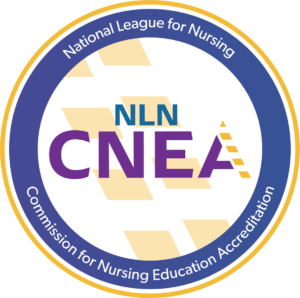
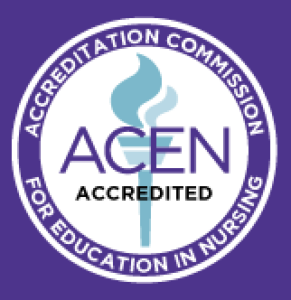
Find yourself at D&E
Go Further.
Clinical Facilities
Health care agencies utilized to provide clinical experience for the program of learning in order to achieve the objectives include:
- Autumn Lake Healthcare at Crystal Springs
- 304-636-2033
- Community Care of Buckhannon
- 304-473-5600
- 304-924-6262
- Cortland Acres
- 304-463-4181
- Elkins Rehabilitation and Care Center
- 304-636-1391
- Mountain Hospice
- 304-823-3922
- Mountain Memories Assisted Living & Retirement Center
- 304-636-8600
- Randolph-Elkins Health Department
- 304-636-0396
- Vandalia Health Davis Medical Center
- 304-636-3300
- West Virginia Caring
- 304-637-0618
- West Virginia University Medicine St. Joseph’s Hospital
- 304-473-2000
- West Virginia University Medicine United Hospital Center
- 681-342-1860
- William R. Sharpe, Jr. Hospital
- 304-269-1210
Preceptorship Facilities
- Broaddus Hospital
- 304-457-1760
- Guardian HealthCare
- 304-363-5633
- Mon Health Mon General Vandalia Health
- 304-598-1200
- Mon Health Preston Memorial Hospital Vandalia Health
- 304-329-3565
- Mon Health Stonewall Jackson Memorial Hospital Vandalia Health
- 304-269-8000
- Mountain Hospice
- 304-823-3922
- Pocahantas Memorial Hospital
- 304-799-7400
- Vandalia Health Davis Medical Center
- 304-636-3300
- West Virginia University Medicine Garrett Regional Medical Center
- 301-533-4000
- West Virginia University Medicine J.W. Ruby Memorial Hospital
- 304-598-2000
- West Virginia University Medicine St. Joseph’s Hospital
- 304-473-2000
- West Virginia University Medicine United Hospital Center
- 681-342-1860
- Wexford Health
- 412-937-8590
- William R. Sharpe, Jr. Hospital
- 304-269-1210
Clubs
Davis & Elkins College Student Nurses’ Association
The Davis & Elkins College Student Nurses’ Association (DESNA) is a pre-professional organization for nursing and pre-nursing students. Membership in this organization is required for all students in the nursing program at Davis & Elkins College. The faculty feels that involvement and participation in the student organization will groom students for involvement in professional organizations as a graduate. It prepares them to be responsible, accountable members of the profession of nursing. As a member of DESNA the student has the opportunity to also become a member of the National Student Nurses’ Association (NSNA). Some of the benefits realized from this membership include:
- Receive Imprint magazine
- Low-cost malpractice insurance, group health insurance and student education loan program
- Discounts on nursing-related items
- Opportunity to meet with other students and exchange ideas
- Information about political and career trends in nursing
- Promoted interaction with professional and student leaders from across the country
- Attendance at conferences and conventions
- Career information
Be a Nurse at D&E
the degree
that’s right
for you.
My years in the Davis & Elkins Nursing Program prepared me to take care of my patients in the most knowledgeable, compassionate, and efficient possible way. My instructors were supportive and proficient. I made the right choice in choosing the D&E Nursing Program.
